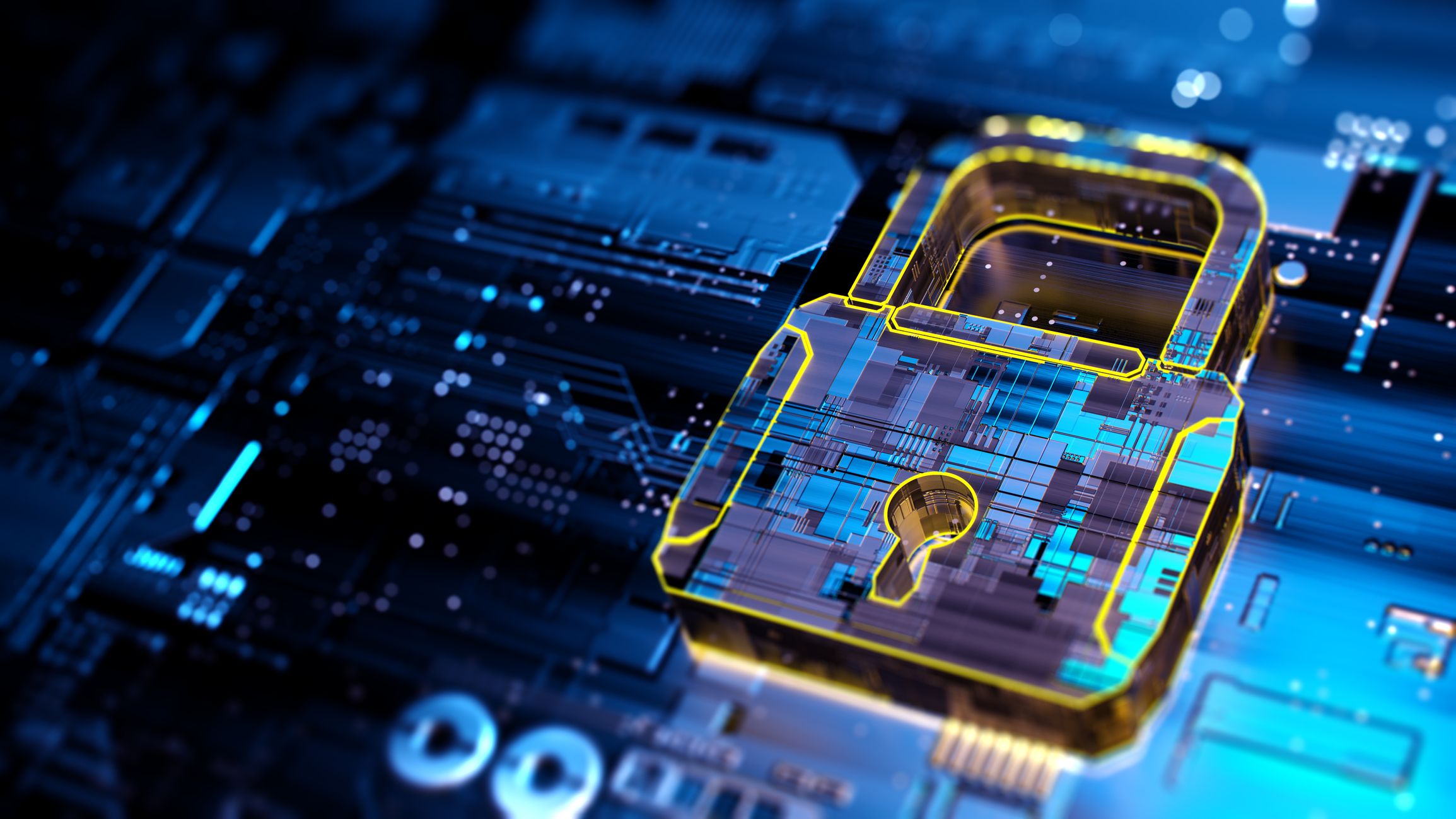Space tourism, once a realm reserved for astronauts and scientists, is now on the brink of becoming a reality for civilians. With companies like SpaceX, Blue Origin, and Virgin Galactic pioneering the way, the concept of exploring the universe as a tourist is no longer confined to the realm of science fiction. In this article, we’ll delve into the exciting prospects of space tourism and examine the role of computing in making these cosmic journeys a tangible and safe experience.
The Dawn of Space Tourism
A Paradigm Shift in Space Exploration
Space tourism represents a paradigm shift in how we perceive and engage with space exploration. What was once the exclusive domain of governmental space agencies is now opening up to private enterprises and individuals. The visionaries behind companies like SpaceX, Blue Origin, and Virgin Galactic are determined to turn the dream of space travel into a commercial reality.
Computing the Launch: The Digital Backbone of Space Tourism
1. Mission Planning and Simulation
Computing Precision: Ensuring Safe and Successful Missions
The success of a space tourism mission hinges on meticulous planning and simulation. Computing technologies play a crucial role in mission planning, simulating various scenarios, trajectories, and potential challenges. Advanced algorithms assist in optimizing routes and ensuring that every aspect of the journey is thoroughly evaluated before the actual launch, contributing to the safety and success of the mission.
2. Navigation and Guidance Systems
Computing Navigation: Guiding Spaceships through the Cosmos
Navigating through the vastness of space requires highly sophisticated computing systems. Guidance systems, powered by intricate algorithms and real-time data processing, ensure precise navigation, course corrections, and the ability to respond to unforeseen obstacles. The reliability and accuracy of these computing systems are paramount in guaranteeing the safety of space tourists.
Digital Interfaces: Bridging Earth and Outer Space
1. Virtual Reality (VR) Experiences
Computing Immersion: Preparing Tourists for the Cosmic Journey
Before the actual journey, space tourists often undergo virtual reality (VR) experiences to simulate the sensation of space travel. Computing technologies create immersive VR environments that allow individuals to familiarize themselves with the spacecraft, experience zero-gravity simulations, and mentally prepare for the unique challenges of space exploration.
2. In-Flight Computing Interfaces
Computing Comfort: Enhancing the Tourist Experience in Space
During the space journey, in-flight computing interfaces are essential for both the crew and tourists. These interfaces provide real-time information about the spacecraft’s status, trajectory, and conditions. For tourists, user-friendly interfaces powered by computing technologies offer a seamless experience, allowing them to enjoy the journey while staying informed about the cosmic adventure.
Safety and Security: The Computing Shield
1. Risk Assessment and Mitigation
Computing Vigilance: Identifying and Mitigating Potential Risks
Space travel inherently involves risks, and computing technologies play a pivotal role in assessing and mitigating these risks. Advanced algorithms analyze vast datasets to identify potential hazards, from space debris to adverse weather conditions. The ability to predict and proactively address risks ensures a higher level of safety for space tourists.
2. Cybersecurity in Space Operations
Computing Fortification: Safeguarding Digital Systems from Threats
As space tourism relies heavily on digital systems and communication networks, ensuring the cybersecurity of space operations is paramount. Computing security measures protect against cyber threats that could compromise the integrity of spacecraft systems. Encryption, secure communication protocols, and constant monitoring are integral components of the cybersecurity framework for space tourism.
The Future Trajectories of Computing in Space Tourism
1. AI-Powered Spacecraft Management
Computing Intelligence: Autonomous Decision-Making in Space
The integration of artificial intelligence (AI) in spacecraft management is a future trajectory that could revolutionize space tourism. AI algorithms, capable of learning and adapting to dynamic conditions, could enable autonomous decision-making during space journeys. This includes real-time adjustments to the flight plan based on changing environmental factors or unexpected events.
2. Quantum Computing for Navigation Precision
Computing Precision: Enhancing Navigation Accuracy
The precision required for space navigation could benefit significantly from the integration of quantum computing. Quantum algorithms have the potential to process vast amounts of data simultaneously, allowing for more accurate calculations and predictions. As quantum computing technologies mature, they could become instrumental in enhancing the navigation precision of spacecraft during space tourism missions.
Challenges and Computing Solutions in Space Tourism
1. Regulatory Compliance
Computing Compliance: Navigating Legal and Regulatory Frameworks
Space tourism operates within a complex legal and regulatory framework. Computing solutions include automated compliance systems that ensure adherence to international space laws, safety standards, and environmental regulations. These systems help streamline the regulatory aspects of space tourism operations.
2. Environmental Impact Assessment
Computing Sustainability: Evaluating the Eco-Footprint of Space Tourism
The environmental impact of space tourism is a subject of scrutiny. Computing technologies aid in conducting comprehensive environmental impact assessments, analyzing factors such as rocket emissions, waste management, and ecological effects. These assessments inform sustainable practices and contribute to minimizing the ecological footprint of space tourism.
Conclusion: Computing Beyond the Stars
As space tourism inches closer to becoming a commonplace reality, the role of computing in shaping and ensuring the success of these cosmic adventures cannot be overstated. From precision navigation to immersive virtual experiences, computing technologies are the digital backbone of space tourism, transforming it from a lofty dream into an achievable experience for those who aspire to explore the universe as tourists. The future promises even more exciting trajectories as computing continues to evolve, opening new frontiers for humanity beyond the stars.



